Zambia is facing daunting economic challenges. The bird’s eye-view points to an increase in the cost of living, loadshedding that is crippling industrial performance, shortage of medicines in hospitals and slow delivery of agricultural inputs, a threat to food security.
The Kwacha has continued to lose value against major currencies, a situation that threatens macroeconomic stability, particularly on inflation, interest rates and economic growth. Critical issues with potential positive impacts remain unresolved. These include problems around.
Read more: On the confusing tale of load shedding after surplus power generation by Bright Chizonde
Konkola Copper Mines and Mopani.
Zambia qualified for the International Monetary Fund (IMF) programme (Extended Credit Facility) that should signal economic stability in the medium to long term. However, the sovereign risk still hangs over our shoulders as we seek to restructure the external debts.
Looking ahead, there is little optimism by many an economist about Zambia continuing with economic resilience the way it did in 2022. The external environment continues to be problematic.
The geopolitics (Russia-Ukraine war), instability in the global financial markets, COVID 19 problems, slow growth in China and climate change seem to now have an impact on the Zambian economy.
On the other hand, Zambian citizens seem impatient about solutions that will reduce the cost of living, a prospect that may be farfetched without a strategic approach to resolving the problems. These are issues that I am sure President Hakainde Hichilema is fully aware of. It is a question of whether he is properly aligned with practical solutions.
IS THERE A STRATEGY?
Many believe the New Dawn government does not have a strategy that should help solve these problems. I have followed closely the actions of the President and his team and can confidently state that the strategy is very clear and we know about it.
My understanding is that government seeks to resolve the problems by firstly, creating the appropriate environment for the private sector to thrive. The private sector has a way of answering a country’s problems: unemployment, inflation, subdued growth, poverty as well as beefing up government coffers through taxation.
Under this strategy, government seeks to induce high domestic and foreign direct investment. This message has been well articulated by the Minister of Finance, Situmbeko Musokotwane in the 2023 national budget. The mining sector is central to all these initiatives and explains some fiscal policy considerations. (There has been an argument the deteriorating exchange rate is a result of the concessions given to the mining companies.
My counterargument is that even when these concessions were non-existent and mineral loyalty taxes non-deductible for corporate income taxes, the exchange rate still deteriorated!)
Second, government believes a disciplined approach to financial management will be enough to accumulate resources for social investment. Third, enhancing international partnerships would help restructure Zambia’s high external debt.
Forth, given that the first three can take time to consolidate and bear fruits, government is focused on executing low-lying fruits that provide immediate relief to citizens (expanding social cash transfers, employing thousands into the civil service, enlarging empowerment funds, including decentralizing Constituency Development Funds).
In short, government has a strategy, anchored by the 8th National Development Plan. It is now a question of whether it is the appropriate strategy that answers to current problems and those ahead of us.
WILL IT PLAY OUT?
Economics is not a science of one plus one is equal to two. You can lay out strong policies and possess a robust economic master plan. Unfortunately, if you are dealing with economic agents, whose behaviour is unpredictable, you should always anticipate some level of disappointment.
For example, if there is no firm contract with the existing and prospective mining companies that they should increase investment with relaxation of fiscal policy, the mines may still not invest at anticipated levels.
The President has been aggressive in wooing domestic and foreign investment for Zambia. Whatever the level of investment, we still rely on those boardrooms to make the final decision. Is this a gamble? Not really. Given where we are coming from, Zambia should make significant breath-taking decisions to get the private sector to respond. Genuine private sector that sinks in long term capital requires significant assurances and evidence of robust policy change to invest in any economy, especially one that has experienced numerous policy reversals.
If there are any Zambians who thought the mining companies or any other prospective investors would jump into the country upon change of leadership, I encourage them to think again.
A lot of things must happen in this country to win the confidence of investors and the President has shown signs of understanding what are to be resolved, such as ironing out rigidities associated with investment lead time.
But there are encouraging signs things are playing out. The expected visits by the United States Treasury Secretary Janet Yellen and the IMF boss, Kristalina Georgieva-Kinova this month are signals Zambia is doing something right to win the confidence of international business decision makers. Having worked at the IMF, I know exactly what went on behind doors to get that visit from the head of the institution.
Some will argue that links with the USA government and the IMF are of an imperialistic nature and not useful for Zambia. In every relationship, what matters is the preparedness of each counterparty to negotiate fruitfully for itself. Let us leverage these opportunities to make a difference for Zambia now and in future. (Unfair) historical circumstances cannot always be used as the basis to reject new opportunities.
EVENING OUT
Zambia has a lot of problems, many of them of a legacy nature. Though the problems seem insurmountable, they are manageable. There has been a lot of learning from the distribution of agriculture inputs, shortage of medicines and loadshedding. I expect that Zambia will be different going forward.
The alignment the President and is team require is to fulfil the promises in a strategic manner. There is about three years remaining in the current mandate, not long enough to change many things but good enough to demonstrate that a strategic approach to issues will deliver economic growth. The culture in the public service has to change; private sector should respond, and the President will need to remain firm and focused.
Not an easy road ahead but seems President Hichilema thrives in challenges. There are certainly no quick fixes to problems of this magnitude.

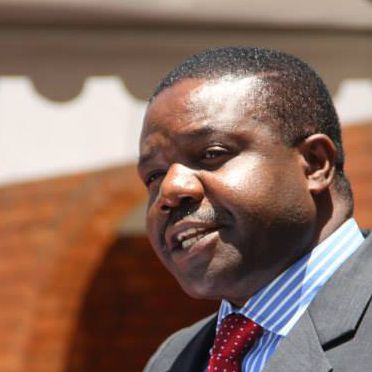


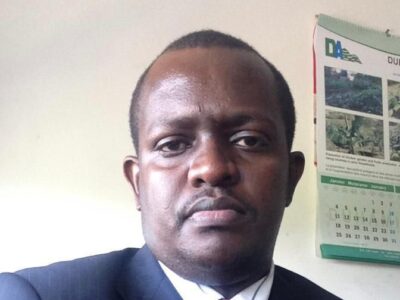
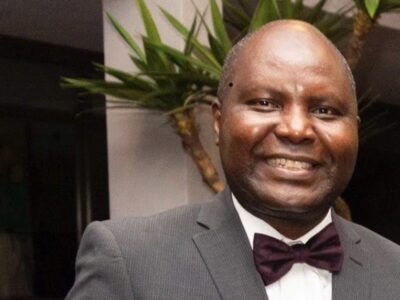
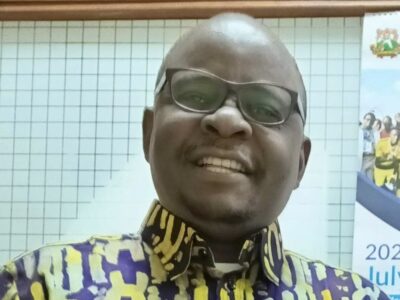
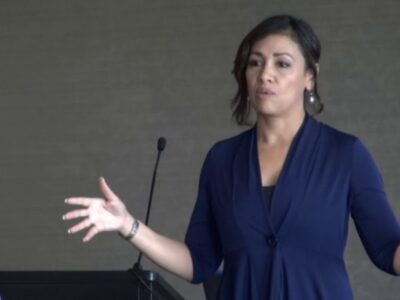




Comments